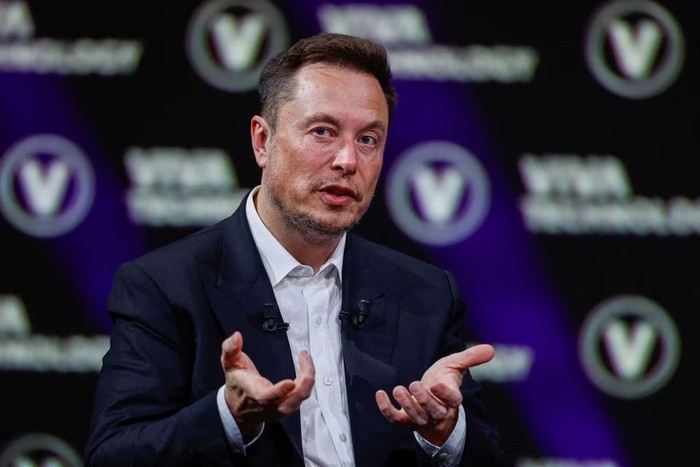In a world where geopolitical tensions are at their peak, Elon Musk's recent comments on the Ukraine-Russia conflict have sparked intense debate and scrutiny. The renowned entrepreneur and visionary behind SpaceX and Tesla has boldly asserted that aiding Ukraine in its struggle against Russia could be an exercise in futility. His remarks, made during a Twitter exchange with Republican Senator Ron Johnson, have ignited a firestorm of controversy and raised fundamental questions about the efficacy of international intervention in the face of entrenched conflicts.

Musk's assertion hinges on a grim assessment of the situation: he contends that Vladimir Putin and Russia possess an unassailable advantage in the ongoing conflict. Despite fervent calls for increased assistance to Ukraine, Musk argues that such efforts may ultimately prove ineffectual against the formidable might of the Russian military machine. Citing the inherent limitations of Ukraine's military capabilities and manpower shortage, Musk suggests that the country's plight is exacerbated by a lack of viable solutions on the battlefield.
Central to Musk's argument is the belief that escalating the conflict through the provision of arms and ammunition could exacerbate the human toll, resulting in further loss of life among Ukrainian civilians and soldiers alike. He warns against the perils of prolonging a conflict without clear strategic objectives, cautioning that each passing day brings with it the specter of heightened casualties and escalating violence.
Crucially, Musk's position finds resonance in his own experiences as a disruptor in the realm of technology and innovation. Drawing parallels between his ventures, such as the provision of internet access through Starlink, and the geopolitical landscape, Musk suggests that unconventional approaches may hold the key to resolving entrenched conflicts. However, he remains skeptical of conventional wisdom that advocates for a unilateral escalation of military support to Ukraine.
read also : google cl
Moreover, Musk raises the specter of unintended consequences, suggesting that any attempt to unseat Putin could lead to the rise of even more hardline leadership in Russia. In doing so, he underscores the complexity of the geopolitical chessboard and the inherent risks associated with any attempts at regime change.
Ultimately, Musk's controversial stance underscores the need for a nuanced and pragmatic approach to international diplomacy. While the impulse to aid Ukraine in its time of need is noble, Musk's sobering assessment serves as a stark reminder of the harsh realities of modern warfare. As policymakers grapple with the complexities of the Ukraine-Russia conflict, Musk's words serve as a clarion call for thoughtful deliberation and strategic foresight in navigating the turbulent waters of international relations.



